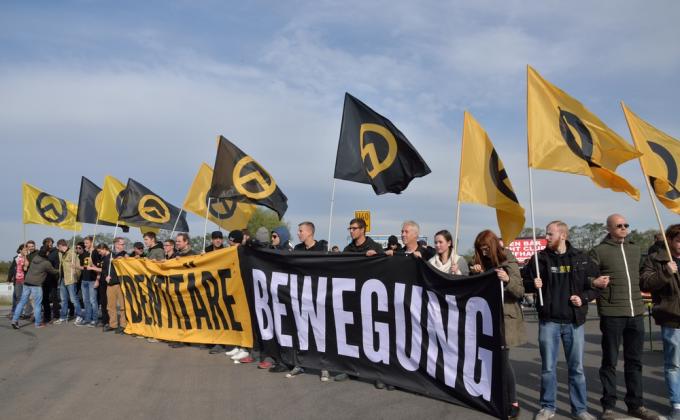
Richard McNeil-Willson
Contact
Dr Richard McNeil-Willson is a Research Associate at the Global Governance Programme, the Robert Schuman Centre for Advanced Studies, European University Institute, in Florence. He works primarily on the BRaVE Project, a European Commission (Horizon 2020) project which explores issues of extremism, polarisation and counter-extremism in Europe. He is also an International Advisor for the CHAMPIONs Project on polarisation in Central and Eastern Europe, at the Peace Action, Training and Research Institute of Romania (PATRIR), Cluj-Napoca.
Richard has a PhD from the Institute of Arab and Islamic Studies, University of Exeter, as an Economic and Social Research Council (ESRC) scholar, exploring the impact of counterterrorism programmes, policy and policing on activism by ‘Islamist’ organisations in Britain and Denmark, supervised by Professor Jonathan Githens-Mazer and Dr Willian Gallois, and examined by Professors Sajjid Rizvi and Tahir Abbas. He holds additional degrees from the universities of Edinburgh, Durham and Exeter (UK) and has been a Visiting Researcher at Scuola Normale Superiore (Italy) and the University of Aarhus (Denmark).
He has had intensive Arabic language training from top private institutes in the Middle East, and has conducted fieldwork throughout Europe and the Middle East and North Africa. This has resulted in academic publications on extremism, political violence and counterterrorism policies, published with Palgrave Macmillan, Manchester University Press and Edinburgh University Press, among others.
Key ICCT Publications:
Abbas, T., Somoano, I.B., Cook, J., Frens, I., Klein, G.R., and McNeil-Willson, R. The Buffalo attack – An analysis of the manifesto. Perspective, The International Centre for Counter-Terrorism, 18 May 2022
Somoano, I.B., and McNeil-Willson, R. Lessons from the Buffalo shooting: responses to violent white supremacy. Perspective, The International Centre for Counter-Terrorism, 18 May 2022
McNeil-Willson, R. Framing in times of crisis: Responses to COVID-19 amongst Far Right movements and organisations. Research Paper, The International Centre for Counter-Terrorism, 25 June 2020




